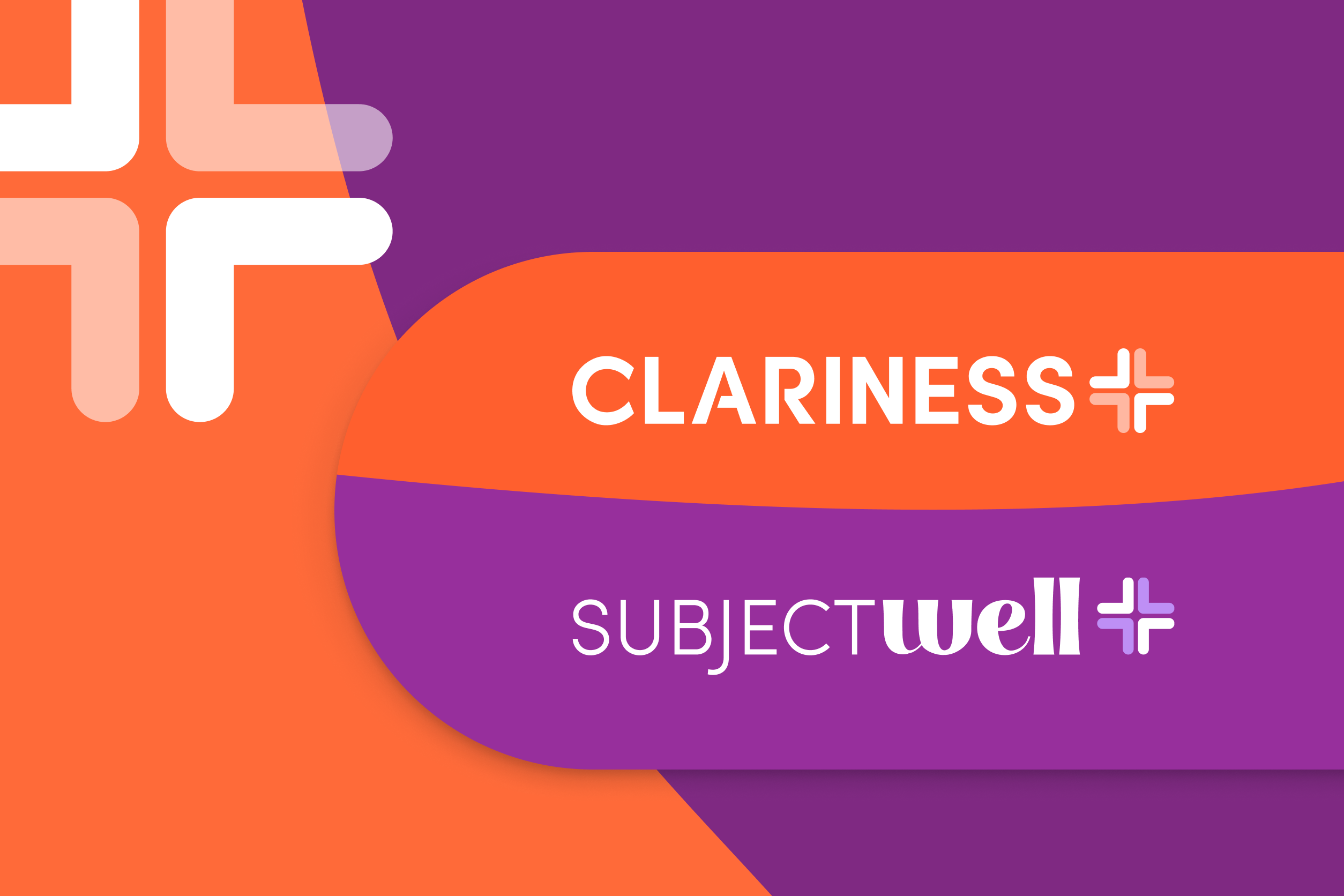
The launch of the first Right to Try CRO, Beacon of Hope, could mean easier access to life-saving treatments for terminally ill patients – and reduced costs for drug developers.
This September, the contract research organization (CRO) Beacon of Hope officially launched at an ALS symposium in Florida. In a press statement, Beacon of Hope describes itself as the “first contract research organization exclusively dedicated to providing the infrastructure for patients with life-threatening diseases seeking access to eligible investigational treatments, and the companies that are developing them.”
While the U.S. Food and Drug Administration has facilitated access to investigative medicines for terminally ill patients since the late 1980s, the new Right to Try Act (RTT) aims to expedite the process. RTT, passed in 2018, is now live in 41 states. Beacon of Hope is the first CRO exclusively working with patients covered by RTT, but it is unlikely to be the last.
RTT provides an alternative to the FDA’s previous “expanded-access” policies. Under RTT, terminally ill patients can gain access to drugs in development by working directly with their doctors, instead of applying through the FDA. Physicians will be able to request an investigational treatment for their patients after Phase 1 trials are complete. Whether or not the trial is administered is up to the discretion of the sponsor.
Life-Saving Benefits for Patients
Before RTT, the FDA’s Expanded-Access policies presented logistical barriers for patients with confusing online forms and multiple attachments. While Expanded-Access receives over 1,000 applications for experimental treatments, few of the approved treatments actually take place. Further, patient conditions may worsen over the time it takes to receive FDA approval.
By providing an alternative way to access drugs in development, RTT could connect more terminally ill patients with powerful new treatments. RTT helps streamline the process, ensuring that patients have a fair shot at exploring experimental medicine. It is also in line with the move toward patient-centric approaches to treatment. Under RTT, patients work directly with their doctors to determine if experimental drugs are appropriate, giving them more options and greater control.
Right to Try Clinical Trials
Clinical trials conducted under RTT could have far-reaching benefits for drug developers. Beacon of Hope is already connecting patients in its database with clinical trials for ALS and other life-threatening conditions.
RTT explicitly states that trial outcomes cannot be used to “adversely affect the review or approval of the investigational product.” With the added provision that eligible drug developers are not obligated to report data to the FDA, RTT creates cost-efficient pathways for consent and data collection. Although the purpose of RTT is to provide access for terminally ill patients – and not to accelerate FDA approval – this approach could expedite trial proceedings and help new medicines reach the broader patient population more quickly.
Patient Recruitment for RTT Trials
As Beacon of Hope adds new patients to its growing database, other sponsors and CROs will likely follow suit. While investigative medicines are technically more accessible under the new law, RTT does not guarantee patients access, merely the “right” to “ask” their physicians. It is therefore the role of sponsors and CROs to reach physicians and potential patients, informing them of their treatment options, and keeping patients engaged throughout the clinical trial process.
Finally, how RTT clinical trials are marketed is crucial to their success. Sponsors and CROs must take advantage of the digital tools at their disposal to reach a targeted audience. By tailoring their messaging to focus on patient needs, they can elevate recruitment and retention rates for clinical trials and, more importantly, connect terminally ill patients to potentially life-lengthening treatments.




